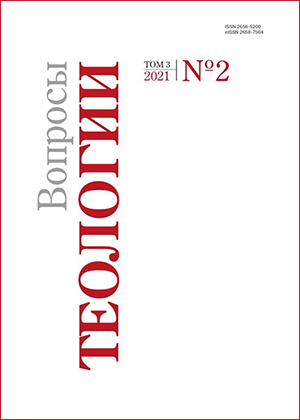Metaphysics of a forgotten tradition I. Introduction of the concept of “intrinsic modus of thing” by John Duns Scotus: From the theological explication of “infinity” to the metaphysical problem of “contraction of being”
Abstract
The article is the first part of a study on the notion of the “intrinsic modus” of thing or reality in the metaphysics of the early Scotist tradition (first quarter of the 14th century). This part of the study analyses the circumstances of the first formulation of the notion of “modus intrinsecus” in the theological writings of John Duns Scotus and identifies two main (and one additional) contexts for Scotus’s explication of this concept, which will be important for the subsequent Scotistic tradition of meta[1]physics. The article then puts forward a hypothesis about a historical shift in the use of this concept based on an analysis of Scotus’s texts. Scotus initially introduces it solely for a theological explanation of the concept of “infinite being”, but later, in connection with his discussion of the reality of the concept of being, uses the concept of intrinsic mode as key to his own solution to the metaphysical problem of the “contraction” of the transcendental concept of being, which he thinks of as a particular “modification”. Finally, the article identifies the main structural elements in Scotus’s discussion of “intrinsic mode” and attempts to present the content of this concept by distinguishing between intrinsic mode and Scotus’s other related metaphysical concepts (quiddity, difference, property).
Keywords:
High scholasticism, John Duns Scotus, Scotistic metaphysics, modus intrinsecus rei, the concept of infinity, the beginning of tradition
Downloads
References
References
Downloads
Published
Issue
Section
License
Articles of "Issues of Theology" are open access distributed under the terms of the License Agreement with Saint Petersburg State University, which permits to the authors unrestricted distribution and self-archiving free of charge.




